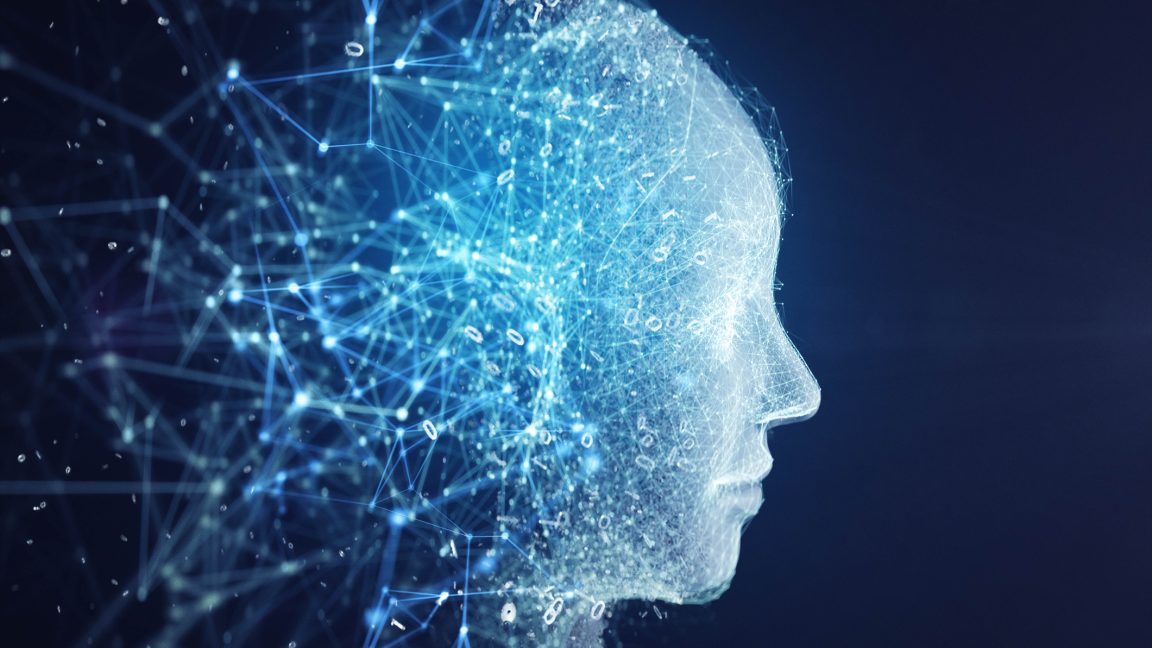IrvineHimself
Well-Known Member
- Relationship to Diabetes
- Type 2
I am kinda engrossed in a project at the moment, but this article in the Guardian caught my eye: Google engineer put on leave after saying AI chatbot has become sentient
The headline sounds crazy, but the meat of the story fits in with what little I know of the subject. Also, it is worth noting that he wasn't put on leave because of medical grounds, but rather:
The headline sounds crazy, but the meat of the story fits in with what little I know of the subject. Also, it is worth noting that he wasn't put on leave because of medical grounds, but rather:
....for breaching confidentiality policies by publishing the conversations with LaMDA online, and said in a statement that he was employed as a software engineer, not an ethicist...




